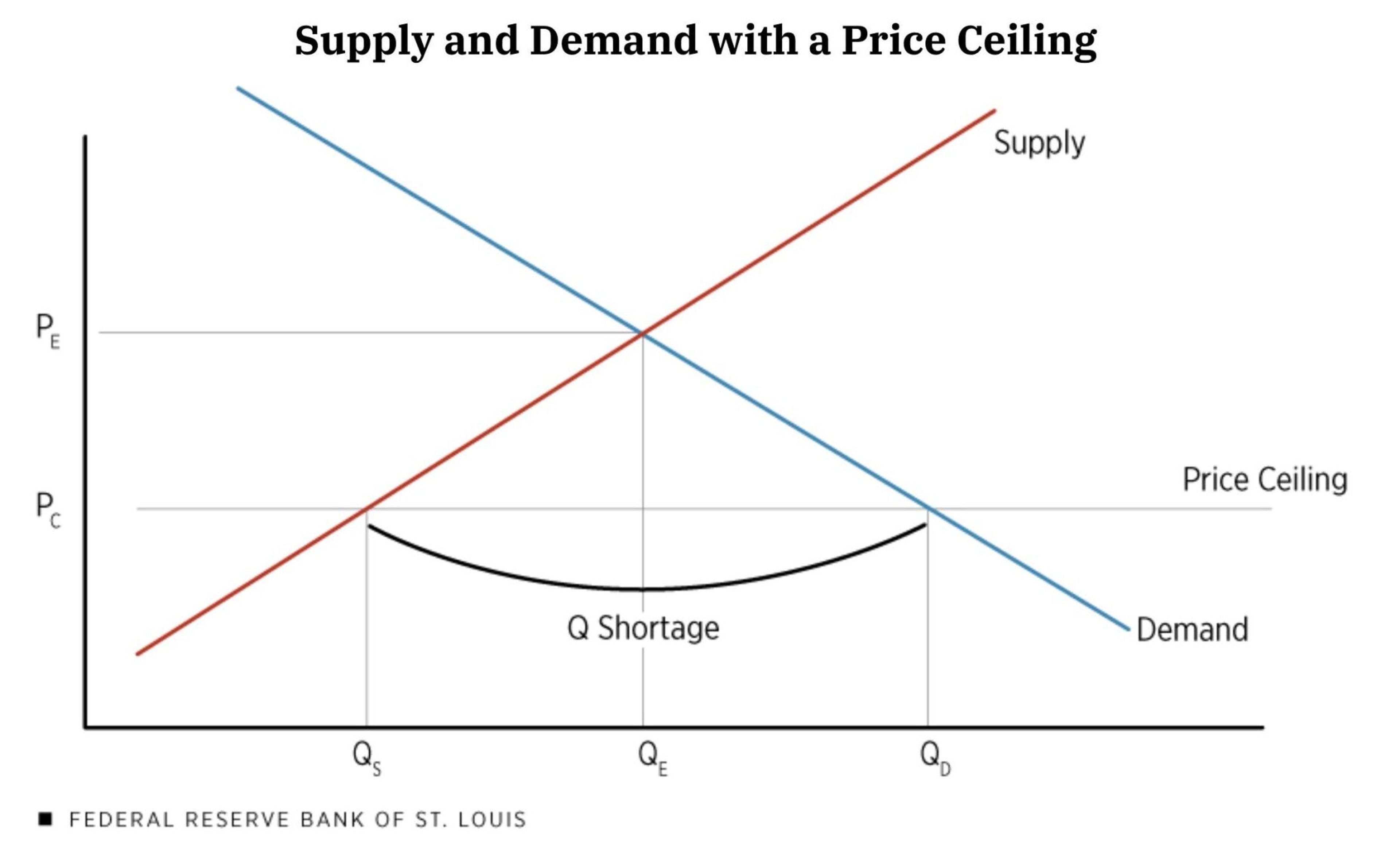Initiative changes pass Idaho House
Bill would alter method for citizens to introduce ballot measures
Legislation that makes Idaho’s citizen initiative process the most difficult in the nation is headed to the governor, after House lawmakers approved the measure on a 51-18 vote Wednesday in Boise.
Reps. Caroline Troy, R-Genesee, and Mike Kingsley, R-Lewiston, were two of the six House Republicans to oppose Senate Bill 1110. All 12 House Democrats also voted against it.
Rep. Jim Addis, R-Coeur d’Alene, co-sponsored the legislation. He characterized it as an “inclusive, collaborative” effort to ensure that proposed initiatives have broad support before they ever make it onto the ballot.
The bill requires initiative sponsors to collect signatures from 6 percent of registered voters in all 35 legislative districts around the state. The current standard is 6 percent in 18 districts, and 6 percent of voters statewide.
“Senate Bill 1110 does not increase the total number of signatures required to get an initiative on the ballot,” Addis said. “What it does do is ensure that all corners of Idaho have a say in the formation of Idaho law. ... It ensures that our rural and urban citizens have a voice in the creation of state law.”
Democrats said that was a mischaracterization of a bill that really does nothing except make it nearly impossible for an initiative to qualify for the ballot.
“The bill sponsor asserts that it’s important for citizens in every corner of the state participate in writing state law,” noted Rep. Steve Berch, D-Boise. “That’s the case now — it’s called the November election. Every voter has an equal opportunity to participate in that process.”
Moreover, unlike Washington or other states with the ballot initiative process, Berch said the Idaho Legislature isn’t required to honor the result of an initiative vote.
“This body has the final say about whether it wants to repeal a law that’s been (enacted) by a ballot initiative,” he said. “So this bill doesn’t solve any problems, but it does effectively take away a constitutional right.”
Voters amended the Idaho Constitution in 1912, reserving to themselves the power to propose laws through the initiative process, or to approve or reject any action of the Legislature by referendum.
“My concern with some of the debate we’ve heard today is, some (lawmakers) seem to indicate they’ll go along with the initiative process, but they don’t like it,” said Rep. James Ruchti, D-Pocatello. “Who cares? It’s in the constitution. It’s a right of the people.”
Ruchti said it would be interesting to see how often the Legislature has responded to successful ballot measures either by repealing the law that was enacted, or by adding more hurdles to the initiative process to “punish” voters.
In 2019, for example, lawmakers proposed strict new requirements for ballot initiatives just a few months after 60 percent of Idaho voters approved the Medicaid expansion initiative. The legislation passed, but was subsequently vetoed by Gov. Brad Little, who questioned whether it would survive a court challenge.
“Initiatives are for the people,” Ruchti said. “We should respect that.”
Rep. Tammy Nichols, R-Middleton, noted that 26 states don’t allow the ballot initiative process.
“So it’s not a requirement,” she said. SB 1110 “just helps tighten up the process, to give representation to rural areas.”
Addis also rejected claims that the bill makes it so difficult for an initiative to qualify for the ballot that it effectively takes away a constitutional right. In 1938, for example, when Idaho’s first initiative qualified for the ballot, the law required signatures equal to 10 percent of the votes cast in the previous gubernatorial election.
“In the (next) 20 years, nine initiatives made it to the ballot — at a time when modes of transportation were much more primitive,” he said.
Given the advances in telecommunications and highway infrastructure that have taken place since then, Addis said, it’s appropriate to update the requirements for ballot initiatives.
Troy, however, said she would “regretfully” vote against the bill, because it set the bar too high.
“I love rural Idaho,” she said. “I represent rural Idaho (and) live in rural Idaho. ... I want rural voices to be heard. But this is a really high bar. I wish it were somewhat less.”
The Senate previously approved the bill on a 26-9 near-party-line vote and now heads to the governor for further action.
Unlike 2019, SB 1110 passed the House and Senate by veto-proof margins, assuming no one were to change their vote.
Following Wednesday’s House vote, Reclaim Idaho — the grassroots group that successfully sponsored the Medicaid expansion initiative — announced its support for an “Idaho Initiative Rights Act” ballot measure. If approved, it would lower the signature requirement to 6 percent of registered voters statewide, regardless of where they live.
In a news release, Reclaim Idaho said it will only actively campaign for the Initiative Rights Act if SB 1110 is signed into law and survives any court challenge.
Spence may be contacted at bspence@lmtribune.com or (208) 791-9168.








